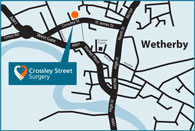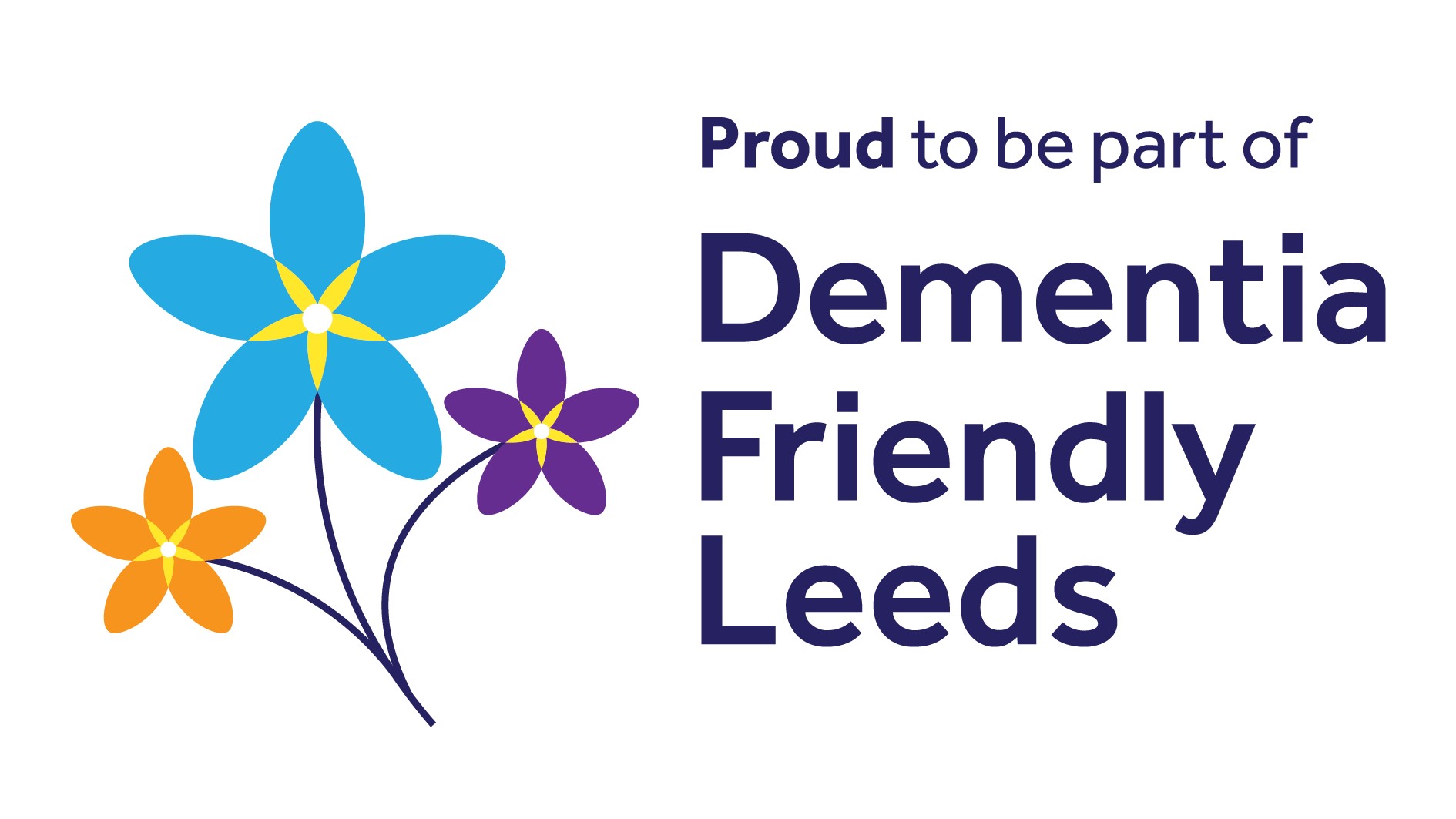Uncategorised
- Details
We want to help you get the right medical assistance when you’re ill, injured or have a long term condition. Going directly to the person with the appropriate skills is important. This can help you to a speedier recovery and makes sure all NHS services are run efficiently.
- Details
Why have I been referred urgently to the hospital?
Your doctor or dentist has arranged for you to be seen by the hospital within two weeks.
This is an URGENT referral because it is possible that you could have cancer.
We need to refer you urgently because there is evidence that early diagnosis of cancer can increase the chances of successful treatment.
Does this mean I have cancer?
No it doesn’t. Most patients do not turn out to have cancer; they have another diagnosis.
So why has my doctor referred me?
Most illnesses are successfully treated by doctors. However, on some occasions they need to arrange for you to see a specialist hospital doctor. This could be for a number of reasons, such as:
- Your symptoms need further investigation and it is important that this is done quickly.
- The treatment you have already received has not worked.
- Your tests have shown some abnormal results.
- To be sure you do not have serious disease.
Will I need any tests?
You may need specialised tests before, during or following your first appointment at the hospital. These test results could help the specialist to understand the cause of your symptoms.
What do I need to do now?
TELL YOUR DOCTOR NOW if you will be away on holiday or are unable to attend the hospital appointment within the next two weeks.
- Make sure that your doctor has your correct address, telephone number, and mobile number if possible.
- The hospital will contact you by telephone to arrange an appointment, so the correct contact telephone number is very important. If they are not able to contact you by telephone they will send you an appointment letter.
- Talk to your doctor’s surgery if you have not been contacted by the hospital within one week of your doctor’s referral.
- Let the hospital know immediately if you are unable to attend your appointment so that the appointment can be offered to someone else. It is important that you arrange an alternative date and time when cancelling this appointment.
Help the hospitals get it right
If you have a complaint, concern, comment or compliment please let the hospital know by speaking to one of their members of staff. They learn from your feedback and use the information to improve and develop their services
Leeds: You can call the Patient Advice and Liaison Service (PALS). PALS provides nonmedical advice and information about local NHS services. Call 0800 0525 270 (an answer machine is available out of hours) or email
For more information visit PALS and Complaints
Harrogate: To leave feedback for Harrogate, please contact their Patient Experience Team on 01423 555499 or email:
The Team is available 9.30am-4pm, Monday-Friday.
For more information, visit Patient Experience Team
- Details
|
Abbreviation |
Meaning |
|
# |
broken bone (fracture) |
|
A&E |
accident and emergency |
|
a.c. |
before meals |
|
a.m., am, AM |
morning |
|
AF |
|
|
AMHP |
approved mental health professional |
|
APTT |
activated partial thromboplastin time (a measure of how long it takes your blood to clot) |
|
ASQ |
Ages and Stages Questionnaire (a set of questions about children's development) |
|
b.d.s, bds, BDS |
2 times a day |
|
b.i.d., bid, bd |
twice a day / twice daily / 2 times daily |
|
BMI |
|
|
BNO |
bowels not open |
|
BO |
bowels open |
|
BP |
|
|
c/c |
chief complaint |
|
CMHN |
community mental health nurse |
|
CPN |
community psychiatric nurse |
|
CSF |
cerebrospinal fluid |
|
CSU |
catheter stream urine sample |
|
CT scan |
|
|
CVP |
central venous pressure |
|
CXR |
|
|
DNACPR |
|
|
DNAR |
do not attempt resuscitation |
|
DNR |
do not resuscitate |
|
DOAC |
Direct oral anticoagulants |
|
Dr |
doctor |
|
DVT |
|
|
Dx |
diagnosis |
|
ECG |
|
|
ED |
emergency department |
|
EEG |
|
|
EMU |
early morning urine sample |
|
ESR |
|
|
EUA |
examination under anaesthetic |
|
FBC |
|
|
FY1 FY2 |
foundation doctor |
|
GA |
|
|
gtt., gtt |
drop(s) |
|
h., h |
hour |
|
h/o |
history of |
|
Hb |
haemoglobin (a substance in red blood cells that moves oxygen around the body) |
|
HCA |
healthcare assistant |
|
HCSW |
healthcare support worker |
|
HDL |
|
|
HRT |
|
|
Ht |
height |
|
Hx |
history |
|
i |
1 tablet |
|
ii |
2 tablets |
|
iii |
3 tablets |
|
i.m., IM |
injection into a muscle |
|
i.v., IV |
injection directly to a vein |
|
INR |
international normalised ratio (a measure of how long blood takes to clot) |
|
IVI |
intravenous infusion |
|
IVP |
intravenous pyelogram (an X-ray of your urinary tract) |
|
Ix |
investigations |
|
LA |
|
|
LDL |
|
|
LFT |
liver function test (a type of blood test measuring enzymes and proteins in your liver) |
|
LMP |
last menstrual period |
|
M/R |
modified release |
|
MRI |
|
|
MRSA |
|
|
MSU |
|
|
n.p.o., npo, NPO |
nothing by mouth / not by oral administration |
|
NAD |
nothing abnormal discovered |
|
NAI |
non-accidental injury |
|
NBM |
nil by mouth |
|
NG |
nasogastric (running between your nose and stomach) |
|
nocte |
every night |
|
NoF |
neck of femur |
|
NSAID |
|
|
o.d., od, OD |
once a day |
|
o/e |
on examination |
|
OT |
|
|
p.c. |
after food |
|
p.m., pm, PM |
afternoon or evening |
|
p.o., po, PO |
orally / by mouth / oral administration |
|
p.r., pr, PR |
rectally |
|
p.r.n., prn, PRN |
as needed |
|
p/c |
presenting complaint |
|
physio |
|
|
POP |
plaster of paris |
|
PTT |
partial thromboplastin time (a measure of how quickly your blood clots) |
|
PU |
passed urine |
|
q. |
every |
|
q.1.d., q1d |
every day |
|
q.1.h., q1h |
every hour |
|
q.2.h., q2h |
every 2 hours |
|
q.4.h., q4h |
every 4 hours |
|
q.6.h., q6h |
every 6 hours |
|
q.8.h., q8h |
every 8 hours |
|
q.d., qd |
every day / daily |
|
q.d.s, qds, QDS |
4 times a day |
|
q.h., qh |
every hour, hourly |
|
q.i.d, qid |
4 times a day |
|
q.o.d., qod |
every other day / alternate days |
|
q.s., qs |
a sufficient quantity (enough) |
|
RN |
registered nurse |
|
RNLD |
learning disability nurse |
|
ROSC |
return of spontaneous circulation |
|
RTA |
road traffic accident |
|
Rx |
treatment |
|
s.c., SC |
subcutaneous (injection under the skin) |
|
S/R |
sustained release |
|
SLT |
speech and language therapist |
|
SOB |
shortness of breath |
|
SpR |
specialist registrar |
|
stat. |
immediately, with no delay, now |
|
STEMI |
|
|
t.d.s, tds, TDS |
3 times a day |
|
t.i.d., tid |
3 times a day |
|
TCI |
to come in |
|
TFT |
|
|
TPN |
total parenteral nutrition |
|
TPR |
temperature, pulse and respiration |
|
TTA |
to take away |
|
TTO |
to take out |
|
U&E |
|
|
u.d., ud |
as directed |
|
UCC |
urgent care centre |
|
UTI |
|
|
VLDL |
|
|
VTE |
venous thromboembolism (a blood clot that forms in a vein) |
|
Wt |
weight |
- Details
Crossley Street Surgery has a strict policy not to prescribe diazepam for individuals with a fear of flying. This is for a number of reasons, which are highlighted below:
- Diazepam is a sedative. It makes you sleepy and less alert. This means you may not be able to concentrate, follow instructions or respond appropriately during the flight. In the event of an emergency, this could put you, as well as other individuals, at serious risk of harm on the flight.
- Because diazepam causes a sedative effect, you are more likely to sleep or be less active during the flight. Sedation increases the risk of developing a blood clot in your leg, which if untreated can be serious, in some cases fatal. This risk is even higher if the flight is longer than 4 hours
- While for most individuals, diazepam has a sedative effect, there are cases of individuals becoming agitated and aggressive after taking diazepam. This could be dangerous for your safety and those around you when on a flight.
- Diazepam is not licensed for the use of phobias. In fact, according the British National Formulary (the guidance that doctors use for prescribing) it is states that benzodiazepines (diazepam) are not to be prescribed for treating phobias. Your GP would be taking considerable legal risk going against national guidance if they prescribed diazepam for this purpose.
- Diazepam is illegal in a number of countries. Carrying it on your person, or being under the influence of it abroad could get you into trouble with the law enforcement in that country
- Diazepam stays in the body for far longer than the sedative effects do; if you are required to submit random drug tests for work, or in any other capacity, this could show as positive.
Should you have a fear of flying there are many courses and supportive measures that can be sought. Please see below for more information:
Easy Jet: www.fearlessflyer.easyjet.com Tel 0203 8131644
British Airways: London Heathrow fear of flying courses | Flying With Confidence
- Details



